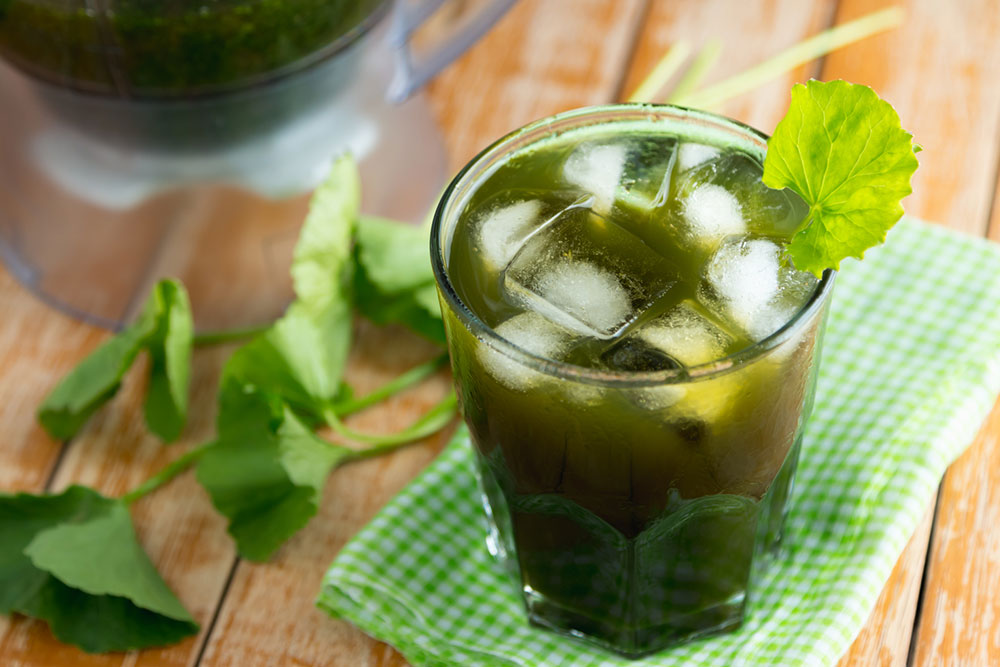Comprehensive Dietary Approaches to Effectively Control Hypertension
Explore comprehensive dietary strategies to effectively manage hypertension. Learn how reducing salt, increasing potassium-rich foods, and incorporating heart-healthy foods like fatty fish and dark chocolate can help control blood pressure naturally. Discover key tips to lower your risk of cardiovascular complications through balanced nutrition and lifestyle changes.

Comprehensive Dietary Approaches to Effectively Control Hypertension
Hypertension, commonly known as high blood pressure, is a prevalent and serious medical condition that affects millions worldwide. It is characterized by persistently elevated blood pressure levels, often with no noticeable symptoms, which can silently cause significant damage to vital organs over time. Uncontrolled hypertension substantially increases the risk of cardiovascular diseases, stroke, kidney failure, and vision problems. Given its widespread impact, adopting dietary strategies is a crucial step in managing and preventing hypertension effectively.
One of the primary dietary factors that contribute to high blood pressure is excessive salt intake. Sodium, found abundantly in processed foods, fast food, and snack items, leads to fluid retention and increased blood volume, which in turn raises blood pressure levels. To mitigate this, it is advisable to reduce salt consumption by limiting processed foods and opting for herbs, spices, or salt substitutes to enhance flavor without adding sodium. In addition, focusing on a nutrient-rich diet that supports cardiovascular health can make a significant difference.
Optimal dietary choices for managing hypertension include foods low in saturated and trans fats, cholesterol, added sugars, and sodium. Instead, emphasize whole, minimally processed foods such as fruits, vegetables, whole grains, lean proteins, and healthy fats. These foods provide essential nutrients that promote blood vessel health and overall well-being. For example, potassium-rich foods like sweet potatoes, white beans, summer squash, and non-fat yogurt are particularly beneficial because potassium helps counteract the effects of sodium, aiding in blood pressure regulation.
Incorporating specific superfoods and functional ingredients into your daily diet can further enhance blood pressure control. Flaxseeds, for instance, are rich in omega-3 fatty acids and lignans, which have been shown to lower both systolic and diastolic blood pressure. Adding ground flaxseeds to cereals, smoothies, or baked goods can be an easy and effective way to include these beneficial compounds in your diet. Dark chocolate and cocoa contain natural flavanols that support blood vessel dilation by stimulating nitric oxide production, which improves blood flow and reduces hypertension risk. Choosing high-quality dark chocolate with at least 70% cocoa content makes for a heart-healthy treat.
Cooking oils also play a role in blood pressure management. Extra virgin olive oil, high in polyphenols and monounsaturated fats, contributes to improved endothelial function and blood vessel elasticity. Using olive oil as the primary fat source in cooking, dressings, and dips can support cardiovascular health. Additionally, unsalted pistachios have been linked to a reduction in blood vessel constriction, potentially lowering blood pressure levels when consumed regularly in moderation.
Consuming fatty fish such as salmon, mackerel, and sardines at least three times a week provides a rich source of omega-3 fatty acids, which have anti-inflammatory properties and help reduce blood pressure within a few months. Regular intake of these omega-3-rich foods complements other dietary strategies and enhances overall cardiovascular resilience. The Dietary Approaches to Stop Hypertension (DASH) diet, a well-established nutrition plan, emphasizes consuming a variety of renal and heart-healthy foods. This plan encourages the intake of fruits, vegetables, low-fat dairy, nuts, seeds, and whole grains while limiting sodium, red meats, and added sugars.
While dietary modifications are highly effective, it is essential to consult with healthcare providers before making significant changes, especially if you have existing health conditions or are on medication. A personalized approach ensures safe and sustainable blood pressure management through diet, lifestyle, and possibly medication. Implementing these strategies gradually and consistently can lead to improved health outcomes and a better quality of life.
In summary, managing hypertension through diet involves reducing salt intake, increasing consumption of potassium-rich foods, incorporating omega-3 fatty acids, and choosing whole, unprocessed foods. These dietary modifications, combined with regular physical activity and medical guidance, form a comprehensive approach to preventing and controlling high blood pressure effectively.





